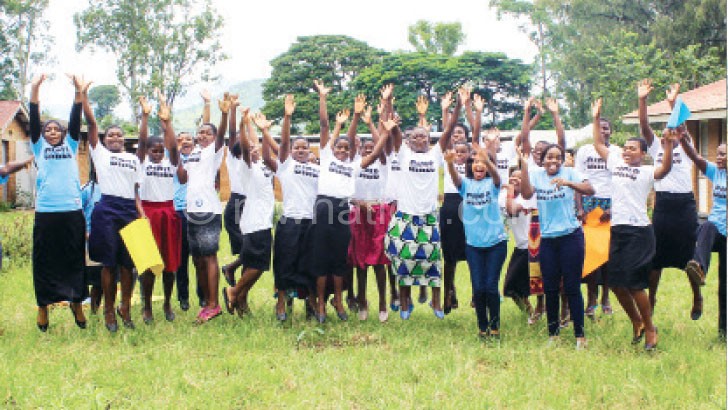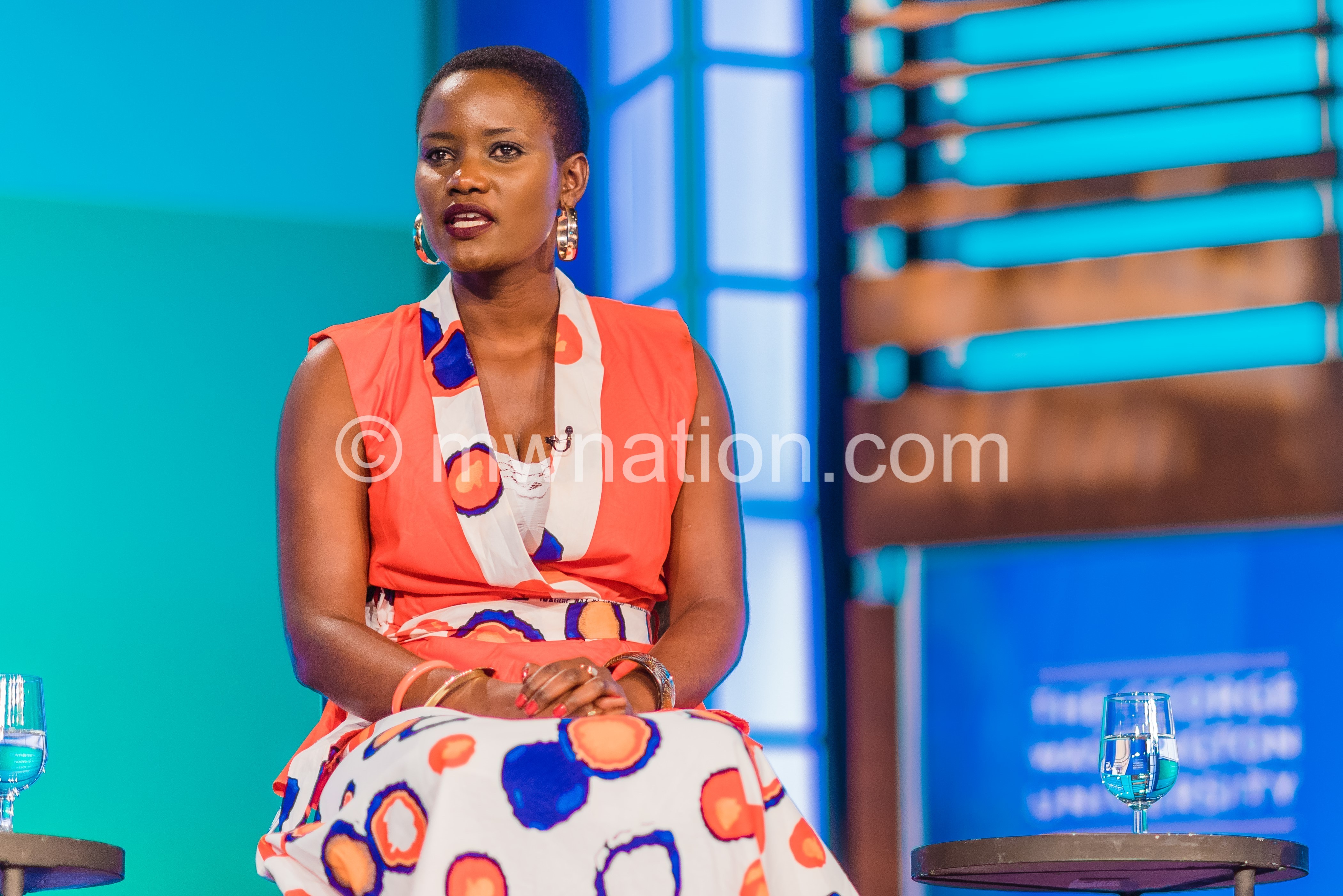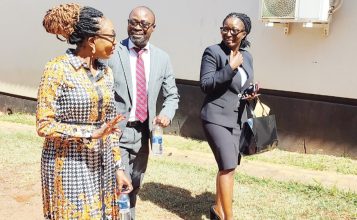Rachel Mhango: Founder of Save the Young Mother Initiative
Rachel Mhango is a 33-year-old communications specialist with passion for health reporting. She is the founder of Save the Young Mother Initiative, a volunteer-based network with a team of seven young men and women.
The team comprises professionals who mobilise financial resources, medical equipment and drugs for the eradication of quality health services deprivation. This is done to realise sexual reproductive health rights and safe motherhood.

Mhango says the initiative works with rural masses in providing important health information for women to get health services if needed.
“Save the Young mother believes that communities require empowerment in social monitoring and accountability. In that manner, communities will demand access to quality health services, placing emphasis on improved attendance at birth. This is for the purposes of safe motherhood,” says the 2016 Mandela Washington fellow.
Among other things, she says the organisation arranges medical camps for women in rural areas where health services are not easily accessed concentrating on ante natal, fistula, fibroids and cervical cancer screening for young mothers.
Mhango says she noted a huge information gap between service providers and people who need it in the health care systems, adding that there are women who go to health centres with signs and symptoms of cancer of the cervix and all they get are anti-biotics for sexually transmitted infections (STIs).
“It is quite shocking to note sometimes that even the people we trust to deliver services are not aware of some important information that can change someone’s life. My interaction with communities through health reporting made me realise this knowledge gap that needed to be filled. For instance, cancer of the cervix and fistula are some of the cases that can be prevented or treated if reported in good time. And that’s something that people need to realise,” she says.
Mhango cites the case of a 15-year-old girl who developed fistula after giving birth at a very young age. She says this was another motivation for her to establish Save the Young Mother Initiative.
“There were so many reasons that contributed to such a sad situation, but the major one was lack of direction. I then thought, if girls were taught to be girls through role models, what a beautiful generation we could raise.
“I decided to take it out of my reporting career and to reach out to such girls who did not have dreams, but have the potential to dream and realise their potential,” says Mhango, a former health reporter who now works with Malawi Liverpool Wellcome Trust in the science communications department.
With that, she decided to walk and talk with girls who had no hope and those who lived life as it came and not as planned. She decided to teach them about sexual reproductive health and help them return to school; and walk with them every step of the way.
Ultimately, her goal is to have all child bearing young women in remote areas have access to information and quality health service notwithstanding their economic status. She would like to see them get the highest possible standards of physical, mental, reproductive and sexual health and wellbeing throughout their lives.
Recently, Mhango also embarked on a project called ‘Hope for girls’ with her friend Halima Twabi.
“My other objective is for girls that are already in school to remain in school. So, the project aims at increasing awareness on reproductive health and promoting science education among girls in Malawi. And through this project, we have so far trained over 40 girls directly, on issues related to their reproductive health,” says the mother of two.
The girls, aged between 13 and 25 are trained, on issues of cancer prevention and screening, Human Papilloma Virus vaccination and, on the dangers of teen-age pregnancy. The girls have also been trained and mentored in Science, Technology, Engineering and Mathematics (Stem) education.
The project also conducts meetings with parents to encourage them to be in the forefront of ensuring their girls finish school and are not rushed into marriages.
“Very soon, the project will launch its own radio programme to reach out to many girls,” she indicates.
Growing up, she says she noticed other girls her age facing all sorts of challenges. As a working adult, Mhango realised that the struggle was real for most girls; that there is a lot of peer pressure and girls would rather live someone’s dream instead of their own dreams and working on them.
“My passion for health reporting also gave me an opportunity to experience the life other girls are living and it touched my heart,” she says.
Mhango joined the media fraternity in 2004 at Malawi Institute of Journalism (MIJ). So far, she has worked with the Malawi Broadcasting Corporation (MBC) Radio Two and The Times Group. She has now taken a break from main stream media and working with Malawi Liverpool Wellcome Trust.
She is a mother of two, Zgorolake and Twapalisha. Mhango was born to Egbert and Maria Kalera Mhango in a family of 10 children.
She comes from Mwangwebo Village, Traditional Authority (T/A) Kyungu, Karonga. She holds a Bachelor’s of Science in Mass Communication attained from Share World Open University.





